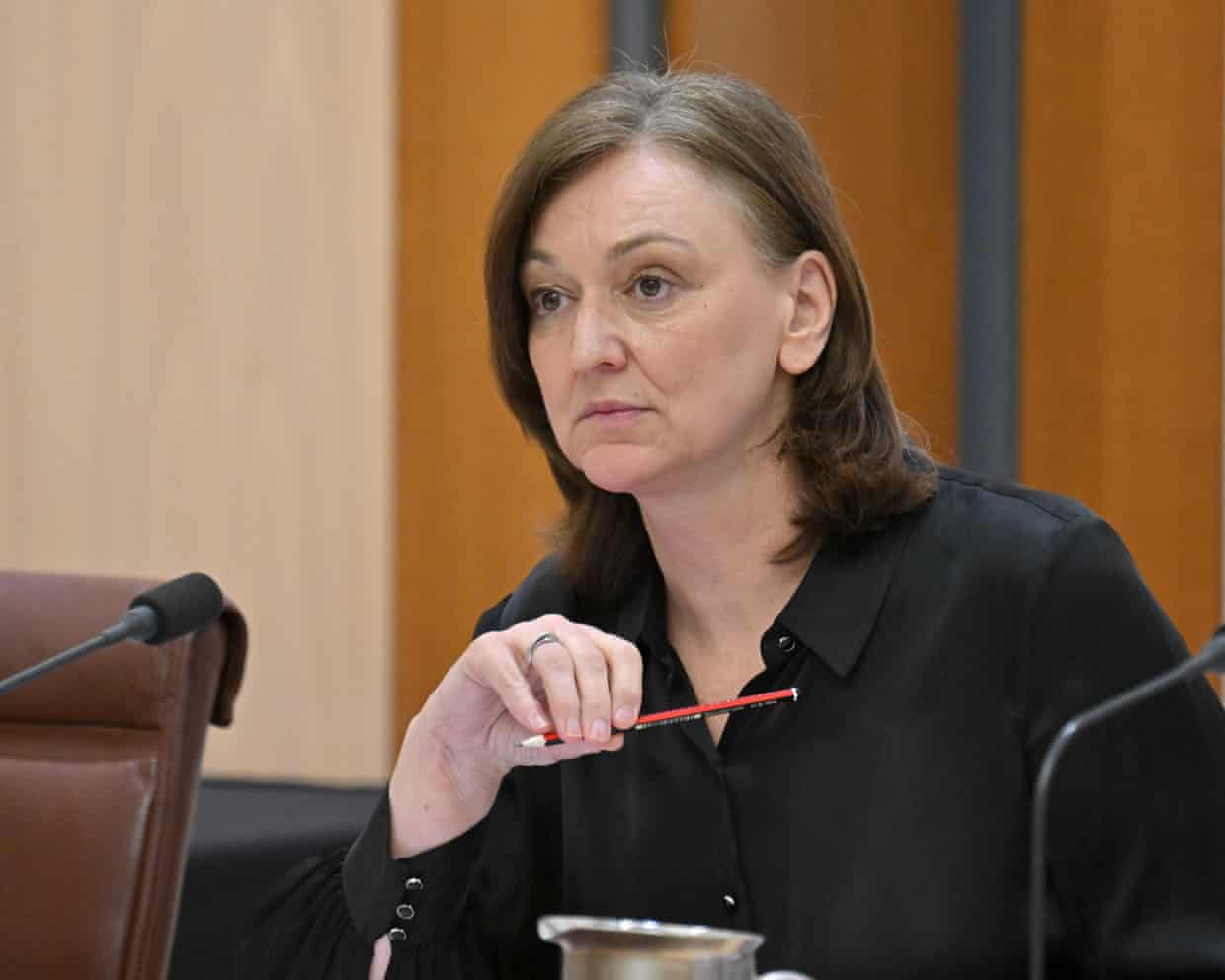Politics
Liberals Criticize Labor for Secrecy Over PM’s Letters

The Liberal Party has accused the Albanese government of fostering a culture of secrecy after it declined to release letters from Prime Minister Anthony Albanese to his ministers detailing their responsibilities. This criticism comes despite similar actions taken by the previous Coalition government, which also withheld such documents.
The request for these letters, made by Liberal Senator Maria Kovacic, was denied by the Department of Prime Minister and Cabinet, citing concerns related to national security and cabinet solidarity. This refusal echoes a previous incident in 2021 when the Morrison government blocked a request from Guardian Australia for the same type of documents.
The Department’s decision involved the rejection of 23 letters, with officials asserting that 21 of them are classified as “cabinet documents.” They argued that six letters pertain to “documents affecting national security, defence or international relations,” and that all are part of “deliberative processes,” which they claim could expose sensitive operations of government agencies.
Geoffrey Watson, a former counsel assisting the New South Wales Independent Commission Against Corruption and now affiliated with the Centre for Public Integrity, criticized the government’s stance. He contended that the classification of these letters as cabinet documents is unfounded. “These are actually instructions issued to a particular minister as to what areas they need to focus on… That’s just a part of the prime minister’s office allocating who does what,” Watson stated.
He further argued that for matters concerning national security, the appropriate action would be to redact sensitive information rather than withhold entire documents. “It appears to be an obsession with this government regarding secrecy,” he added.
No Australian prime minister has publicly released these charter letters, but other countries have adopted more transparent practices. For instance, the Queensland state government routinely publishes its ministers’ charter letters. Similarly, the European Union Commission releases mission letters for its commissioners, while Canada has made its mandate letters available to the public.
In response to inquiries from Guardian Australia, a spokesperson for the Department of Prime Minister and Cabinet stated that it is “not appropriate to comment on specific matters.” They emphasized that the department processes all Freedom of Information (FoI) requests in accordance with the Freedom of Information Act 1982, providing applicants with reasons for decisions and information on their review rights.
The Labor government is currently facing scrutiny over proposed amendments to the FoI Act that would broaden exemptions for cabinet documents and deliberative processes. These changes could simplify the process for FoI officers to refuse requests on these grounds. The government has defended these reforms by claiming that artificial intelligence (AI) bots are generating a significant number of FoI requests. However, during a Senate committee hearing on October 17, 2023, it was revealed that the Department of Home Affairs and Services Australia found no evidence to support this claim, noting existing provisions in the FoI Act that exempt requests made by bots.
Senator Kovacic has been vocal in her criticism of the government’s handling of transparency issues. “From a massive spike in FoI refusals to the weaponisation of NDAs in stakeholder negotiations, this government has shown that the promise of transparency was nothing more than a pre-election talking point,” she remarked. Kovacic joined parliament in 2023, following the Morrison government’s tenure, and continues to advocate for greater accountability in government actions.
-

 Science2 weeks ago
Science2 weeks agoIROS 2025 to Showcase Cutting-Edge Robotics Innovations in China
-

 Politics2 weeks ago
Politics2 weeks agoJudge Considers Dismissal of Chelsea Housing Case Citing AI Flaws
-

 World2 weeks ago
World2 weeks agoBravo Company Veterans Honored with Bronze Medals After 56 Years
-

 Lifestyle2 weeks ago
Lifestyle2 weeks agoStone Island’s Logo Worn by Extremists Sparks Brand Dilemma
-

 Top Stories2 weeks ago
Top Stories2 weeks agoIndonesia Suspends 27,000 Bank Accounts in Online Gambling Crackdown
-

 Sports2 weeks ago
Sports2 weeks agoMel Kiper Jr. Reveals Top 25 Prospects for 2026 NFL Draft
-

 Health2 weeks ago
Health2 weeks agoTop Hyaluronic Acid Serums for Radiant Skin in 2025
-

 World2 weeks ago
World2 weeks agoHoneywell Predicts Record Demand for Business Jets Over Next Decade
-

 Health2 weeks ago
Health2 weeks agoStartup Liberate Bio Secures $31 Million for Next-Gen Therapies
-

 Politics2 weeks ago
Politics2 weeks agoNew Jersey Voters Urged to Register Ahead of November Election
-

 Lifestyle2 weeks ago
Lifestyle2 weeks agoMary Morgan Jackson Crowned Little Miss National Peanut Festival 2025
-

 Sports2 weeks ago
Sports2 weeks agoYamamoto’s Mastery Leads Dodgers to 5-1 Victory in NLCS Game 2







